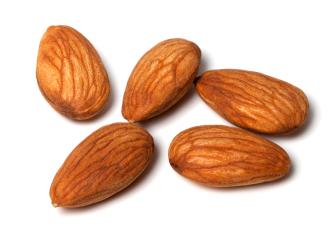
When it's time for sweets
For children, eating sweet treats is part of their diet. It is an indulgence, which if excluded, can cause stronger cravings. However, you should keep in mind that they are sweet treats and therefore their amount should be controlled. Before reaching this point, we must first assess our own attitude and the example we set.
Do not forget that once we have a child in our house, we become the ultimate role models. So we need to evaluate the attitude of Mum and Dad, so that what you say can be taken seriously when you give instructions.
Then, we must evaluate the stimuli our child has. So we must check our cupboards and fridge for any sweets. If there are some, be certain that it is the sweets that are calling out for your kid, and not vice versa. Reduce the stimuli and do fill cupboards with food that should not be regularly consumed by your child. Children's brains can not comprehend that you can have the sweets but not to eat them. To be perfectly honest, often even our own brain fails to conceive that!
Finally, after discussion and justification with your child you should set the frequency of consumption and the type of sweets it can eat. Prefer sweets such as tahini halva or ice cream that can contribute to the nourishment of the child. Indicatively, a piece of tahini halva can supplement the child's diet in calcium, iron, magnesium and omega-3 fatty acids. The final frequency should also depend on the quantity. Daily consumption is considered inappropriate as it creates a strong habit, but up to 3 times a week can be enough to meet the child's needs without challenging its diet as regards quality or calories.
Advice
The nutritional information and recommendations on infant-toddler diet are indicative and refer to general guidance for this age group. Time that every child can be introduced to solid foods or add more to it’s diet, must be individualized. We recommend to set advise from your pediatrician about the specific nutritional needs of your child.











